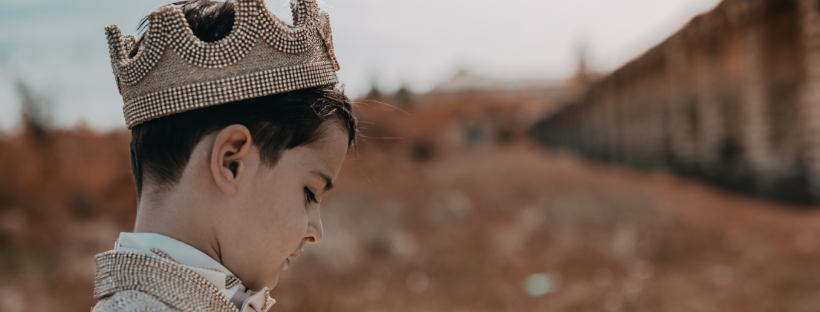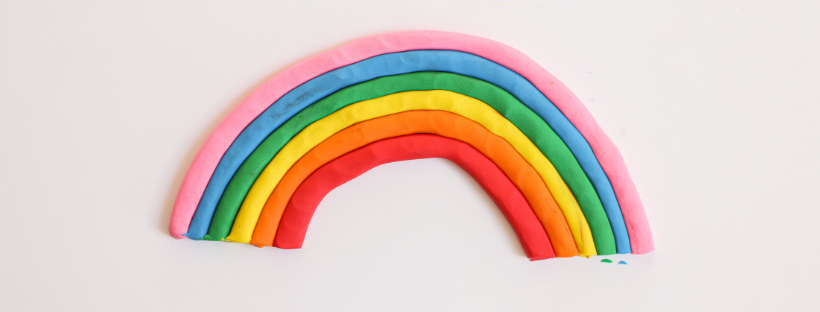
According to the Finnish Act on Early Childhood Education and Care, every child in ECEC has the right to receive education and care that is systematic and goal-oriented. In order to achieve this, an individual ECEC plan is created for every child together with the child and their guardians. These plans include goals that are set together and promote the systematic care and education provided for the child. Read more: What is Finnish ECEC?
How is the child's individual plan created?
A child’s ECEC teacher is responsible for creating and evaluating the child’s individual ECEC plan. This is a process and involves several steps. In addition to a discussion and the writing process, the creation of a plan includes an assessment and observation of the child’s strengths, needs, and views, as well as an evaluation of the child’s previous ECEC plan. All staff members working with the children take part in the process, and the creation, observations, documentation, and evaluation are conducted multi-professionally.
The plan is based on the child’s strengths and interests, as well as on their best interest and needs. The pedagogical goals and measures, and any support measures and their implementation, are recorded in the plan. The linguistic and cultural background and linguistic skills and abilities of a child who speaks a foreign language or is bilingual are factored in when creating their individual plan. The child’s cultural and religious background will also be considered when creating the plan.
This is how the City of Helsinki has defined the child's individual learning:
.png)
.png)
.png)

